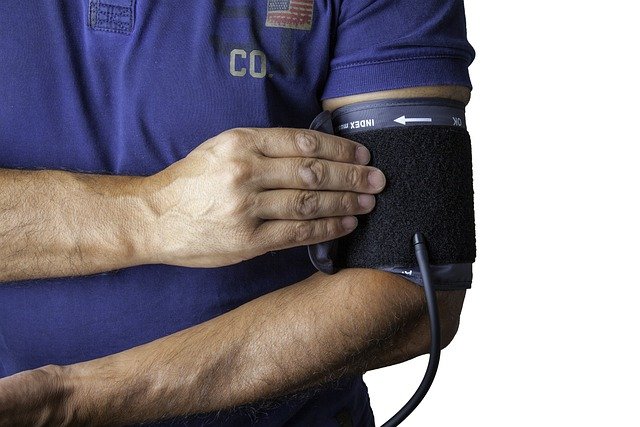The Silent Symptoms of Heart Disease You Shouldn’t Ignore
Many people don’t realize that heart disease can quietly develop without obvious signs. These silent symptoms often go unnoticed until it’s too late. Learning to recognize these subtle warning signals could save your life—don’t ignore what your body might be telling you.

What are the often-overlooked symptoms of heart disease?
While chest pain and shortness of breath are well-known indicators of heart problems, several less obvious symptoms can signal underlying cardiovascular issues. Unexplained fatigue, particularly when performing routine activities, may indicate that your heart is struggling to pump blood efficiently. Irregular heartbeats or palpitations, even if brief and sporadic, should not be dismissed. Swelling in the legs, ankles, or feet can result from fluid retention due to poor heart function. Unusual sweating, especially if accompanied by other symptoms, may be a sign of heart distress. Nausea or lack of appetite, particularly in older adults, can sometimes be linked to heart problems rather than digestive issues.
Why is early detection of silent heart disease symptoms crucial?
Early detection of heart disease symptoms, even when subtle, is paramount for effective treatment and prevention of severe complications. Identifying and addressing cardiovascular issues in their initial stages can significantly improve outcomes and quality of life. Early intervention allows for lifestyle modifications, medication adjustments, or necessary procedures before the condition progresses to a critical state. Moreover, recognizing silent symptoms can prevent sudden cardiac events, which often occur without warning in individuals unaware of their heart health status.
How can you monitor your heart health at home?
While professional medical care is irreplaceable, there are several ways to monitor your heart health at home. Regular blood pressure checks using a home monitor can help track your cardiovascular health over time. Pulse monitoring, both for rate and rhythm, can alert you to potential irregularities. Keeping a symptom diary to record any unusual sensations, fatigue levels, or changes in physical capacity can provide valuable insights. Additionally, using wearable technology that tracks heart rate and activity levels can offer a more comprehensive view of your heart’s performance during daily activities and exercise.
When should you seek medical advice for mild or sporadic symptoms?
It’s crucial to seek medical advice if you experience any persistent or recurrent symptoms, even if they seem mild. Consult a healthcare professional if you notice unexplained fatigue lasting more than a few days, recurring episodes of dizziness or lightheadedness, or any chest discomfort, no matter how brief. If you experience shortness of breath during activities that previously didn’t cause issue, or if you have swelling in your extremities that doesn’t resolve with rest, it’s time to see a doctor. Remember, it’s always better to err on the side of caution when it comes to heart health.
What lifestyle changes can help prevent silent heart disease?
Adopting a heart-healthy lifestyle is one of the most effective ways to prevent silent heart disease. Regular physical activity, aiming for at least 150 minutes of moderate-intensity exercise per week, can significantly improve heart health. A balanced diet rich in fruits, vegetables, whole grains, and lean proteins, while low in saturated fats and sodium, supports cardiovascular well-being. Stress management through techniques like meditation, yoga, or deep breathing exercises can help reduce the strain on your heart. Avoiding tobacco use and limiting alcohol consumption are also crucial steps in protecting your heart health.
How do diagnostic tests help in detecting silent heart disease?
Diagnostic tests play a vital role in uncovering silent heart disease, often before symptoms become apparent. Regular check-ups that include blood tests can reveal important markers of heart health, such as cholesterol levels and indicators of inflammation. Electrocardiograms (ECGs) can detect abnormal heart rhythms or signs of previous heart damage. Stress tests, which monitor your heart’s performance during physical exertion, can uncover issues that may not be apparent at rest. Advanced imaging techniques like echocardiograms or cardiac CT scans can provide detailed views of heart structure and function, helping to identify potential problems early on.
In conclusion, understanding and recognizing the silent symptoms of heart disease is crucial for maintaining cardiovascular health. By staying vigilant, monitoring your health at home, and seeking prompt medical advice when needed, you can take proactive steps to protect your heart. Remember, early detection and intervention are key to preventing severe complications and ensuring a healthier future.
This article is for informational purposes only and should not be considered medical advice. Please consult a qualified healthcare professional for personalized guidance and treatment.




